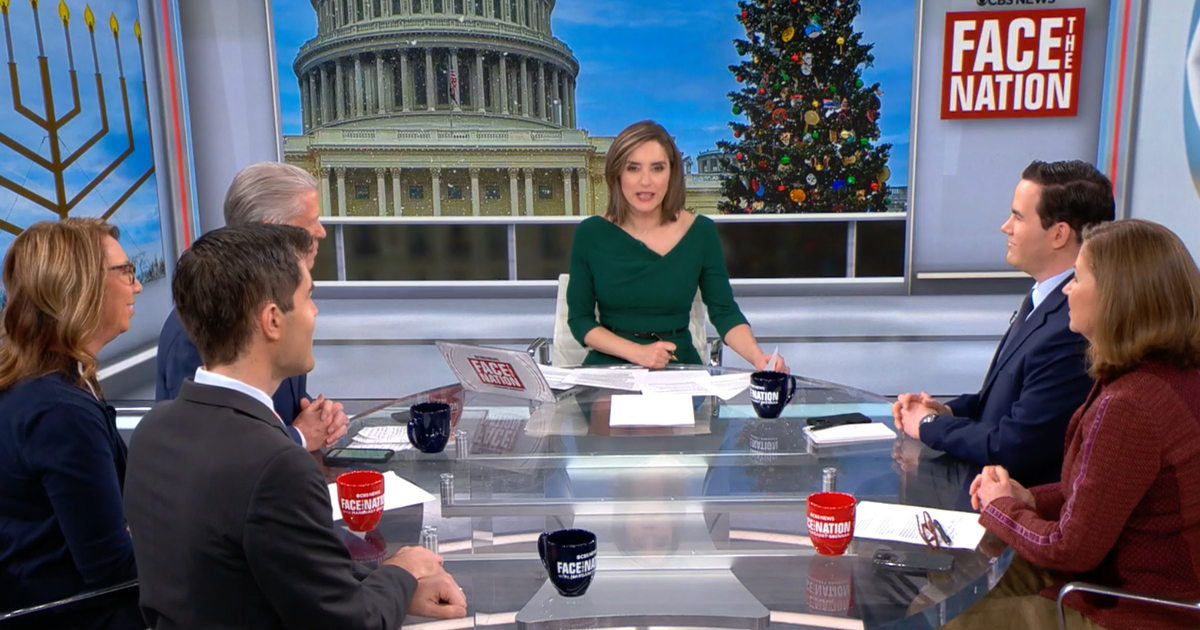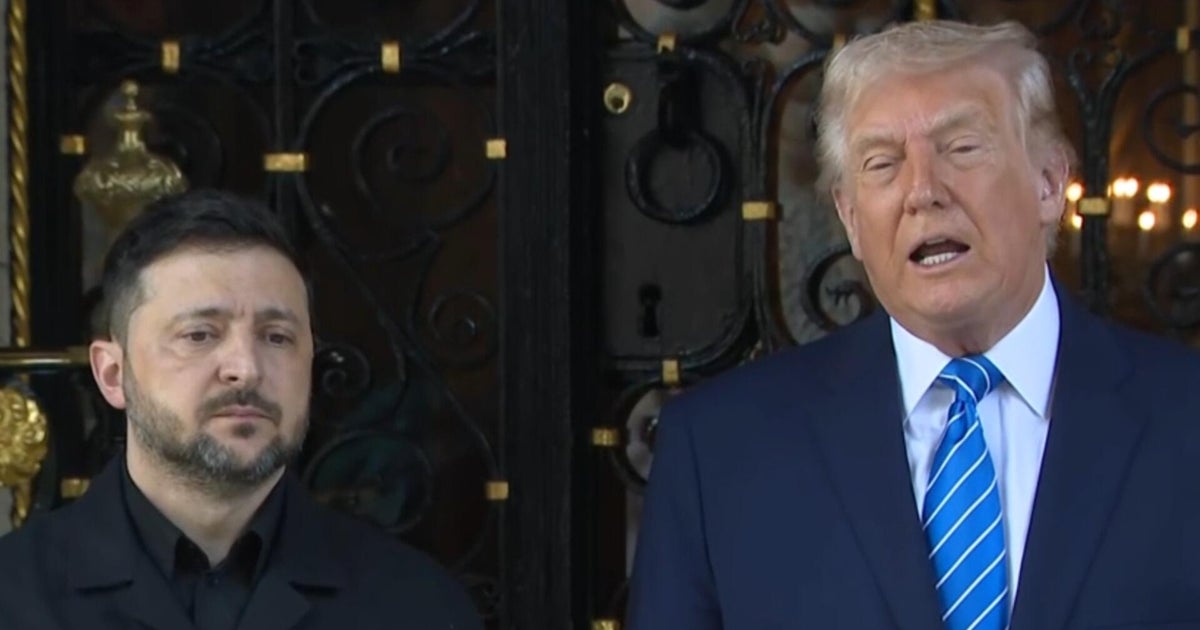‘A tax on truth’: Ley slams Labor move to charge for government docs, bury debate
We’re sorry, this feature is currently unavailable. We’re working to restore it. Please try again later.
The Albanese government will seize time allocated to the Coalition to raise issues for debate in parliament in Labor’s latest attempt to hamper the beleaguered opposition, while also attempting to curb public access to government documents with a “truth tax” on freedom of information requests.
Leader of the House Tony Burke intends to reallocate three of the five matters of public concern usually given to the opposition to bring forward its own urgent issues for debate.

Attorney-General Michelle Rowland will introduce the FOI bill on Wednesday.Credit: Alex Ellinghausen
And on Wednesday, Attorney-General Michelle Rowland will introduce a bill to force Australians to pay for access to federal government documents, which opposition leader Sussan Ley labelled a “truth tax” and the biggest attack on FOI in 15 years.
“It’s not an accident because FOI requests have already exposed uncomfortable truths,” Ley said in a social media post. “Secrecy is not strength, it is the refuge of weak governments. Australians should never have to pay for the truth.”
Labor had cut fees for access to documents in 2009 to promote a “culture of pro-disclosure for government information”.
The government’s move to seize matters of public importance contradicts the parliamentary rulebook, which says government MPs have other avenues to initiate debate, and to use the session would be an “intrusion” on the Coalition.

Leader of the House Tony Burke has made several changes to the parliamentary standing orders in this term.Credit: Alex Ellinghausen
The crossbench will keep the sixth slot in the hour of debate that happens every Tuesday, Wednesday and Thursday of sitting weeks.
Manager of opposition business Alex Hawke said the motion was unprecedented and undermined the parliamentary procedure that the prime minister and Burke claimed to respect.
“Labor’s arrogant changes ensure alternative voices in the heart of our democracy, our national parliament, won’t be heard,” Hawke said.
A spokesperson for Burke said: “The changes will bring the distribution of the [matters of public importance] closer to reflecting the proportional make-up of the parliament”.
Loading
The Albanese government has been repeatedly accused of secrecy and avoiding accountability after the prime minister deviated from years of convention to slash staffing levels of his political opponents in July, and cut the number of questions the opposition was allocated to ask during question time.
This masthead reported in July that more FOIs were refused than fully granted in the first term of the Albanese government.
The bill will force applicants to pay for access to documents and ban anonymous requests, which Rowland said would reduce barriers for public servants to give frank and fearless advice to the government. She acknowledged FOI was a vital feature of democracy, but said the system needed to be modernised to discourage “vexatious” and AI-generated spam requests, citing one bot that had generated 1000 applications.
FOIs are routinely used to access information about government decisions. Applicants seeking information about themselves, which accounts for about 70 per cent of requests according to the government, will be exempt from the fee, but people seeking information on government decisions and policies will have to pay.
Loading
Opposition small business spokesperson Tim Wilson questioned the government’s reasoning for the changes and argued the government could deal with any spam problem with technical solutions that didn’t force Australians to pay.
Associate legal director at the Human Rights Law Centre, Kieran Pender, said the government should focus on making government information more accessible, not less, and any steps to limit FOI access should be closely scrutinised.
Deputy manager of opposition business Kevin Hogan said reassigning matters of public importance showed the government was slowly eroding checks and balances on its power.
“Australians were promised transparency and respect for parliament. What they’ve been given is a prime minister obsessed with control,” he said.
Cut through the noise of federal politics with news, views and expert analysis. Subscribers can sign up to our weekly Inside Politics newsletter.
Most Viewed in Politics
Loading


















































